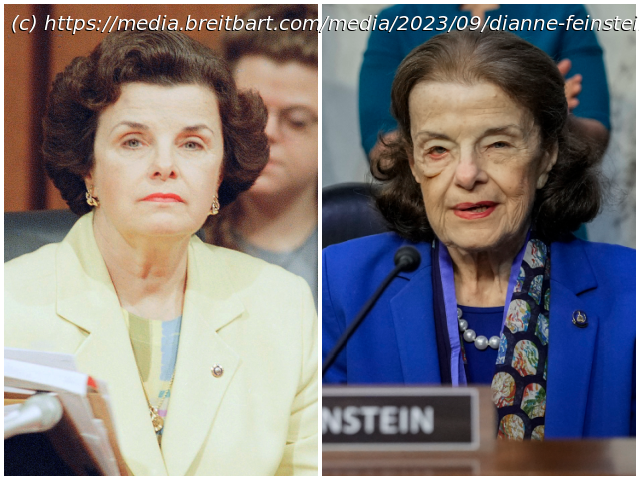Array
Beware What Lurks Below
While Team Transitory was celebrating the August personal consumption expenditure inflation figures on Friday, the undercurrents of household prices suggest that the path to two percent is likely to be a long march and may require additional monetary tightening.
Both the headline and core personal consumption expenditure (PCE) price indexes came in below expectations for August. Headline PCE inflation rose by 0.4 percent for the month, below expectations for 0.5 percent. That was, however, enough to push up the year-over-year figure by a tenth to 3.5 percent.
Core PCE inflation slowed from the monthly pace of 0.2 percent in July to 0.1 percent in August. This dropped the year-over-year rate down four-tenths to 3.9 percent, which is the lowest pace of core PCE inflation since May of 2021.
Paul Krugman declared this a victory for “Team Long Transitory.”
Still no recession, but core PCE down to 2.2% on a three-month basis. Team Long Transitory for the win.
Paul Krugman (@paulkrugman) September 29, 2023
We’re assuming this is meant somewhat ironically, since “long transitory” is an oxymoron. Our best guess is that the concept of “long transitory” is meant to refer to the idea that inflation will eventually decline on its own without the need for prolonged restrictive monetary policy, much less higher rates.
But it might not have been as big a victory as it looks. A large contributor to the decline in core inflation was a moderation in financial services price increases, from 2.5 percent in July to 0.5 percent in August, including a sizable decline in portfolio management and investment services. These move with the stock prices. With the S&P 500 dropping 1.8 percent in August, that brought down portfolio management inflation from 6.9 percent in July (when the S&P was up three percent) to 0.5 percent in August. With stocks down again in September, it’s likely this figure will turn negative in the next report.
While we are sure people are glad that the prices of their financial services are falling alongside their retirement savings, this is not really what people tend to think about when they say they want inflation to come down.
Start
United States
USA — Science Breitbart Business Digest: California’s Loss of Dianne Feinstein Is Everyone Else’s Gain






